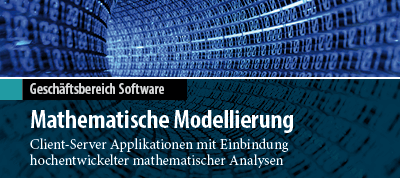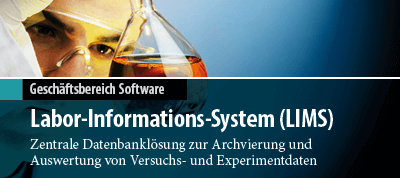Wolfram Engine
The Wolfram Engine, the heart of Wolfram products, provides computational intelligence and knowledge base integration. With over 5,000 functions covering various domains, the Wolfram Language aims to automate tasks and provide a seamless programming experience. The Wolfram Engine can be integrated into various software environments and platforms and offers connectivity to databases, external programs and web servers. Access to the Wolfram Knowledgebase via the Wolfram Cloud subscription extends the engine's capabilities. This initiative aims to make computational intelligence ubiquitous and easily accessible to all software developers.
Commercial license options for the Wolfram Engine
- Single license for a specific computer, site license for a specific facility or cluster license for a specific computer network (e.g. supercomputer)
- For distribution with software
- For distribution with hardware
- For deployment in cloud computing platforms
Possible applications of the Wolfram Engine
Command Line (WolframScript)
Use WolframScript to get your current geographical position (latitude and longitude):
$ wolframscript -code 'GeoPosition[Here]'
GeoPosition[{40.11, -88.24}]Use a high-level machine learning function to detect the sentiment of a piece of text:
$ wolframscript -code 'Classify[ "Sentiment", "The Wolfram Engine is really cool!" ]'
PositiveScript
Give an image URL, import it and identify the content of the image:
image-identify.wls
url = InputString["Give image url: "];
image = Import[url];
entity = ImageIdentify[image];
Print["This is a: ", entity["Name"]];$ ./image-identify.wls
Give image url: https://bengal-cat.jpgLanguage Integration: Python
Set up your Wolfram Language session:
>>> from wolframclient.evaluation import WolframLanguageSession
>>> from wolframclient.language import wl, wlexpr
>>> session = WolframLanguageSession()Evaluate any Wolfram Language code from Python:
>>> session.evaluate(wlexpr('Range[5]'))
[1, 2, 3, 4, 5]Immediately call all 6,000+ built-in Wolfram Language functions in Python:
>>> session.evaluate(wl.MinMax([1, -3, 0, 9, 5]))
[-3, 9]Language Integration: C++
Use the WSTP (Wolfram Symbolic Transfer Protocol) to call the Wolfram Engine from a C or C++ program:
#include "wstp.h"
/* Send an expression from C to the Wolfram Engine for evaluation */
void evaluate_expression(WSLINK lp)
{
WSPutFunction(lp, "EvaluatePacket", 1);
WSPutFunction(lp, "ToExpression", 1);
WSPutString(lp, (const char *)"3+4/Sqrt[19.2]");
WSEndPacket(lp);
}Not all product information on our website is available in English, but our sales experts are happy to assist you. Please schedule a consulation appointment via email at














